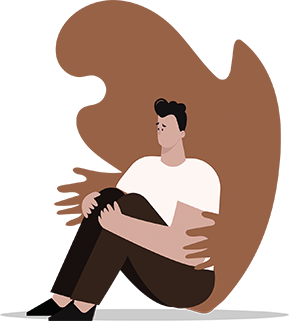Blog Details

What is exactly social anxiety?
Social anxiety, also known as social phobia, is a psychological condition characterized by an intense fear of being judged, embarrassed, or rejected in social or performance situations. It goes beyond the typical nerves that most people feel in new or challenging social contexts; for those with social anxiety, these feelings can be overwhelming and persistent, causing significant distress in everyday life.
People with social anxiety often fear situations like meeting new people, speaking in public, attending parties, or even eating in front of others. They may worry excessively about how they are perceived, anticipating negative evaluations or criticism. This constant worry can lead to avoidance of social events, which in turn can limit their opportunities for social interaction and personal growth.
The symptoms of social anxiety can be both emotional and physical. Emotionally, individuals might feel intense self-consciousness, insecurity, or dread. Physically, they may experience rapid heartbeat, sweating, trembling, dry mouth, or even nausea. These symptoms can be so severe that they interfere with work, school, and relationships.
Social anxiety often begins in childhood or adolescence, although it can develop later in life as well. It’s thought to be caused by a combination of genetic, biological, and environmental factors. Stressful life events, bullying, or overprotective parenting may also contribute to its development.
Treatment for social anxiety typically includes cognitive-behavioral therapy (CBT), which helps individuals challenge their negative thoughts and gradually face feared social situations. In some cases, medication may be prescribed to help manage symptoms, especially if anxiety is severe.
Overall, social anxiety is a debilitating but treatable condition, and with the right support, many people can learn to manage their symptoms and lead fulfilling, active social lives.

